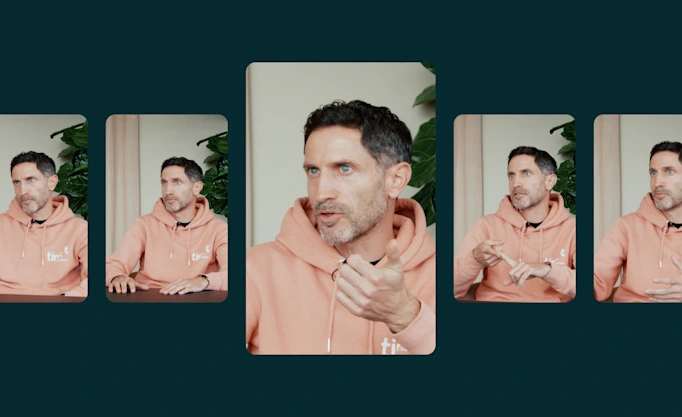3 tips for staying ahead of the curve in the open banking shift

Financial institutions across Europe are investing big in their open banking efforts – and a lot of that money is going into compliance-related use cases. But how can bankers stay ahead and make sure their investments will have a long-term impact? We have three tips.
The open banking transformation will take years to master. But executives can already start taking important first steps.
Businesses should go beyond compliance and start exploring how open banking can help improve their offering.
Competition is increasing – and the areas where TPPs are gaining market share are a good indication of areas to invest in.
Upgrading IT systems and moving to cloud-based technology can help companies innovate at a faster pace.
After surveying financial executives across Europe, we’ve found that most are expecting the payback period for their open banking investments to be less than five years.
But mastering this massive, industry-wide transformation will take a lot longer than that.
Executives will need to draw out a roadmap to navigate the journey ahead. And after seeing our fair share of successes, we have a few recommendations for those crucial first steps.
1. Think beyond compliance
Regulations like PSD2 certainly have a big role in the emergence of open banking, but our latest survey report shows that not enough financial institutions have started looking for opportunities that go beyond compliance.
The good news is, it’s not too late. You can still look into how open banking can bring more value for your customers, or evaluate if it brings other opportunities, like moving into new markets with new products and services.
And don’t forget to explore cross-industry opportunities, such as between financial services and retail, manufacturing, healthcare, and government.
2. Invest where TPPs are taking market share
It’s not all about consumer protection – regulations like PSD2 also aim to increase competition. In August 2020, the EBA payment institution registry counted 342 firms authorised to perform account information services in the EU – 58.3% more firms compared to last year.
These firms will be looking to compete with financial services in some markets and improve services in others.
Executives should evaluate where to invest next by assessing the complexity, impact, and urgency for open banking in every segment. And wherever TPPs are taking market share from the existing businesses will likely be the most immediate area to invest.
3. Upgrade the technology foundation
Smaller fintechs are usually able to quickly move into new markets not just because they typically deal with less bureaucracy – but also because they can deploy software updates continuously and innovate at a fast pace using the technology that’s available in the cloud.
Over the past few years, cloud computing has become the new technology paradigm and has proven to be equally, if not more secure than the traditional banking systems.
It also lets IT leaders work closer to the business and focus on creating competitive offerings instead of maintaining IT systems or mitigating risks associated with new digital services.
The move towards a more flexible technology foundation will accelerate the time-to-market for innovative new use cases.
To find out more about the open banking use cases that bankers across Europe are eyeing – and most investing in –, download our latest survey report.
More in Open banking

2025-11-20
3 min read
Tink powers the UK’s first cVRP transaction with Visa A2A
In partnership with Visa, Kroo Bank, and Utilita, we’ve just helped demonstrate the UK’s first commercial variable recurring payment (cVRP) using the Visa A2A solution – and it’s a big step forward for how people make regular payments.
Read more

2025-06-09
11 min read
The case for “Pay by Bank” as a global term
Thomas Gmelch argues that "Pay by Bank" should be adopted as a standard term for open banking-powered account-to-account payments to reduce confusion, build trust, and boost adoption across the industry.
Read more

2025-06-02
3 min read
Tink joins Visa A2A – what it means for Pay by Bank and VRP
Visa A2A brings an enhanced framework to Pay by Bank and variable recurring payments (VRP) in the UK, and Tink is excited to be one of the first members of this new solution.
Read more
Get started with Tink
Contact our team to learn more about what we can help you build – or create an account to get started right away.
